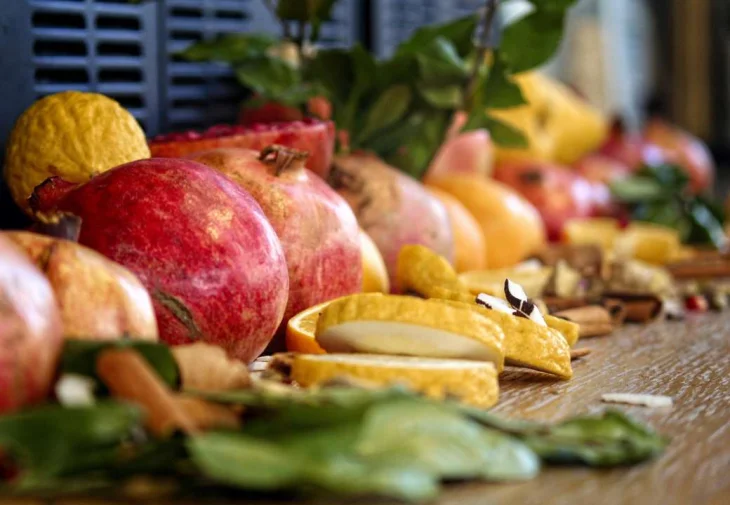
Vitamin C is one of the most important elements for maintaining the immune system and overall health of the body. It is often associated with citrus fruits such as oranges, lemons, and grapefruit. However, there are many other foods that may contain more vitamin C than the usual fruits. By including these foods in your diet, you can significantly increase the level of this vitamin in the body and improve your health.
URA-Inform reports this.
Kiwi:
While kiwi may seem like a less popular source of vitamin C than citrus fruits, it actually outshines them in vitamin C content. One medium kiwi contains about 70 milligrams of vitamin C, which is almost twice as much as one orange. Kiwi is also a great source of fiber and antioxidants, making it good for your heart and digestive system.
Bell pepper:
This bright vegetable surprises with its high content of vitamin C. 100 grams of red bell pepper contains about 200 milligrams of vitamin C – this is twice as much as in one orange. In addition, bell pepper is rich in vitamins A and B6, which makes it useful for skin and vision.
Broccoli:
This green vegetable is known for its many health benefits, one of which is its high levels of vitamin C. 100 grams of broccoli contains about 90 milligrams of vitamin C, which is slightly less than kiwi, but enough to support immunity. Broccoli is also a source of folate, fiber, and antioxidants, which strengthen the body and help fight chronic diseases.
Parsley:
Parsley, often used as a spice, is actually a powerful source of vitamin C. 100 grams of fresh parsley contains about 133 milligrams of vitamin C, which is significantly more than an orange. It also helps improve digestion and strengthen the immune system, making it a great addition to your daily diet.
These foods can be a great alternative to citrus fruits and even surpass them in vitamin C content. By including them in your diet, you can not only increase the level of this important vitamin, but also improve your overall health.
Let us remind you that we wrote about the 3 mistakes that most often cause poor sleep.

